CSPO News
-
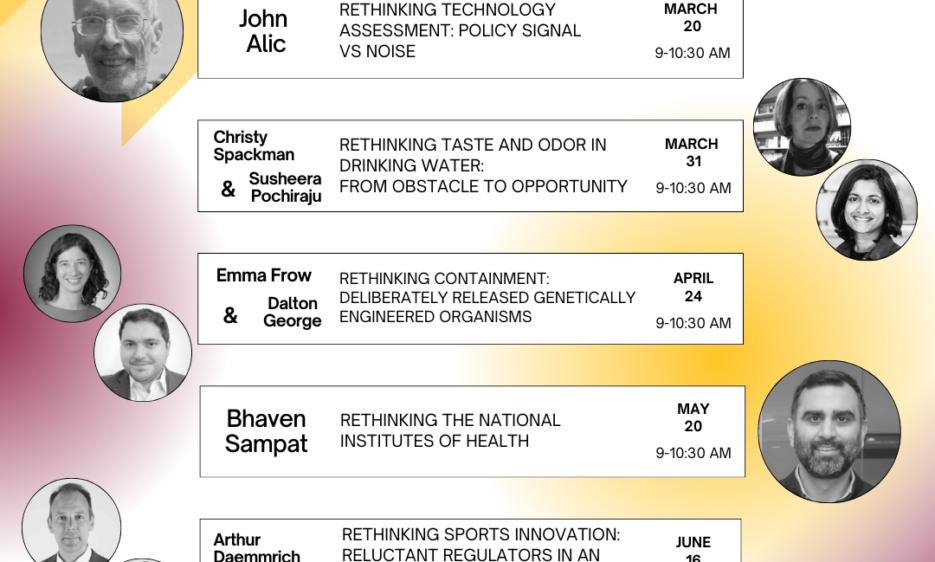
Rethinking Science, Policy: The Series
How do we know what science is “the right science” to do? How can we effectively orient the vast research enterprise to make real progress toward societal goals?The goal of this seminar series is to help science policy “grow up, and quickly,” by catalyzing discussions and collaborations between science policy researchers and decision makers about new ideas and approaches for improving the social value of science and technology.Seminars are free and held at the ASU Washington Center, 1800 I Street NW, Washington, DC 20006 from 8:30am–10:30am (breakfast provided). Presentation starts promptly at 9:00am. Seating is limited -

Highlighting public voices in CDR decision making
The If, the How and the Whether of Carbon Dioxide Removal Technologies
CSPO; the Museum of Science, Boston; the University of Calgary; and other ECAST project partners join forces with diverse experts and everyday citizens to inform decision making on carbon dioxide removal technology.
-
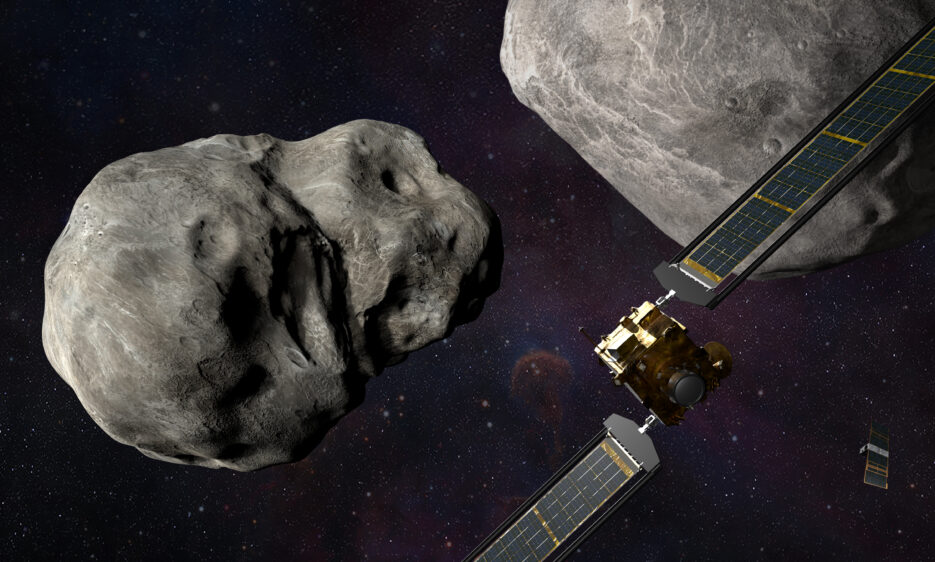
How Would You Defend the Planet From Asteroids?
When NASA collaborated with social scientists to engage the public in two-way conversations about the agency’s Asteroid Initiative, the outcome surprised everyone.
In a pioneering approach to public engagement, NASA and a group of social scientists brought citizens together to weigh in on how the taxpayer-funded agency might approach some technical decisions involving asteroids. How citizens came to engage with strategies for planetary defense—and the unexpected conclusions they reached—was the result of successfully navigating different institutional cultures, extensive preparation, scrambling to meet deadlines, and more than a little serendipity.
-
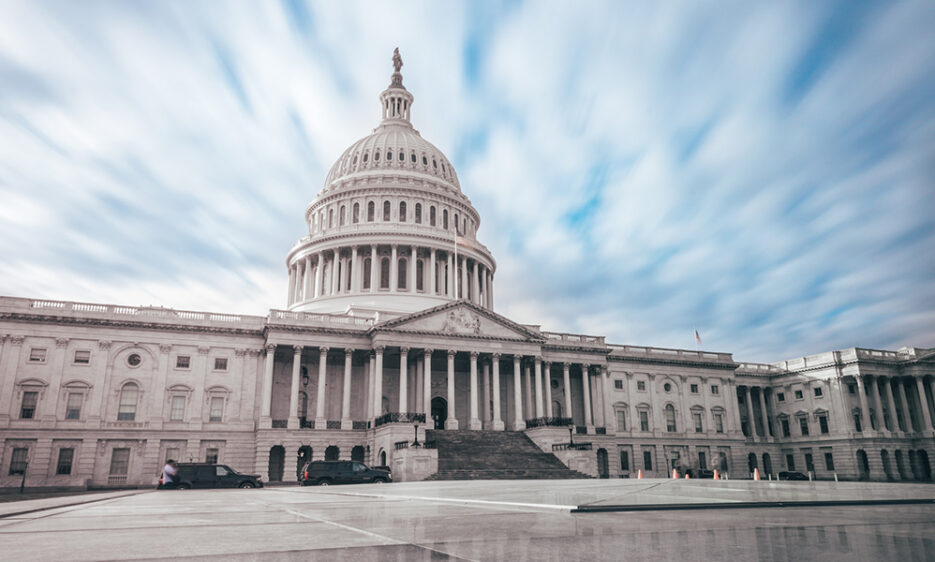
Public Value Evidence for Public Value Outcomes
Integrating Public Values into Federal Policymaking
In a policy memo for the Day One Project, Michelle Govani, Nicholas Weller, and CSPO associate director Mahmud Farooque lay out a plan of action for the federal government to broaden institutional capacity to collect and integrate evidence on public values into policy and decision making.
-

A Prehistory of Social Media
The grassroots origins of the social internet
Kevin Driscoll’s essay in Issues in Science & Technology tells the story of early online communities and reveals the social and technical origins of today’s social media. The history offers insights on how we might build healthier online communities that are more just, equitable, and inclusive.
-
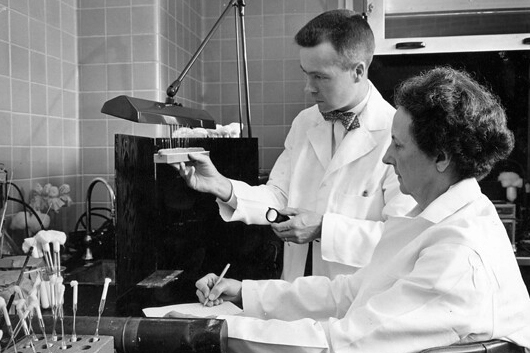
Protecting the Integrity of Government Science
The need for a federal scientific integrity framework
In her new essay for Issues in Science & Technology, Elizabeth Southerland builds a strong case for why enshrining scientific integrity policies into law is the best way to ensure that federal decision making is based on rigorous and independent research.
-
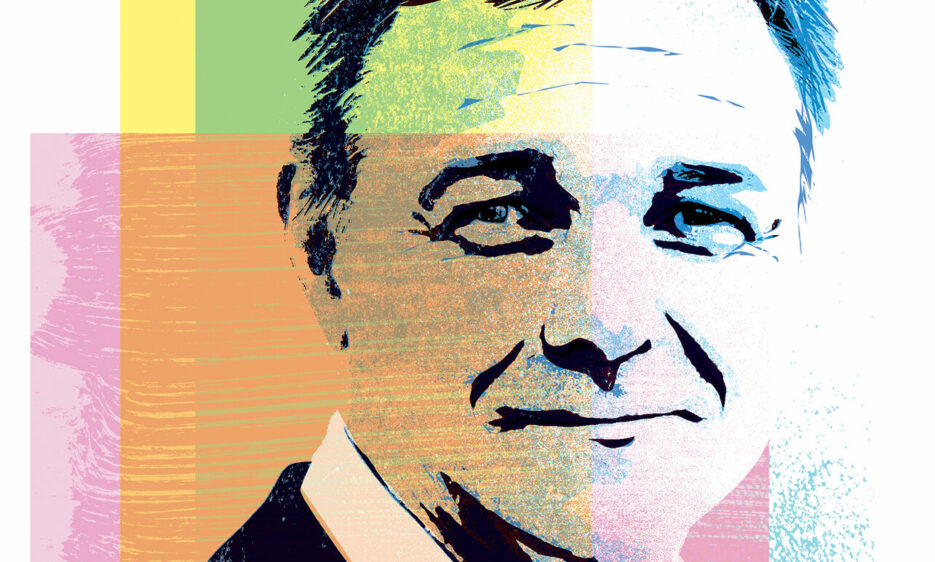
“This One in China Felt Different”
Reflecting on state of the COVID-19 pandemic and what society must do to prepare for future global crises.
On New Year’s Eve, 2019, Jeremy Farrar became one of the first people in the world to learn of a new viral pneumonia that was sickening people in China. Issues recently spoke with Farrar to get his insights on the future of the pandemic, its roots in changes in how humans interact with nature, and the uniquely globalized challenges of COVID-19.
-
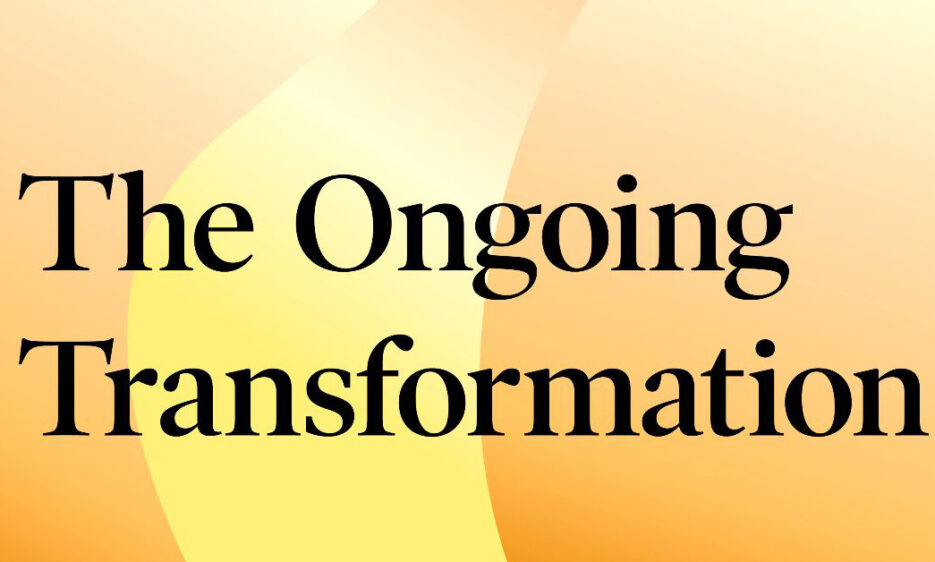
The Ongoing Transformation
Announcing a new podcast from Issues in Science & Technology!
The Ongoing Transformation is a biweekly podcast featuring conversations about science, technology, policy, and society. We talk with interesting thinkers—leading researchers, artists, policymakers, social theorists, and other luminaries—about the ways new knowledge transforms our world. Listen and subscribe to The Ongoing Transformation wherever you get your podcasts.
-
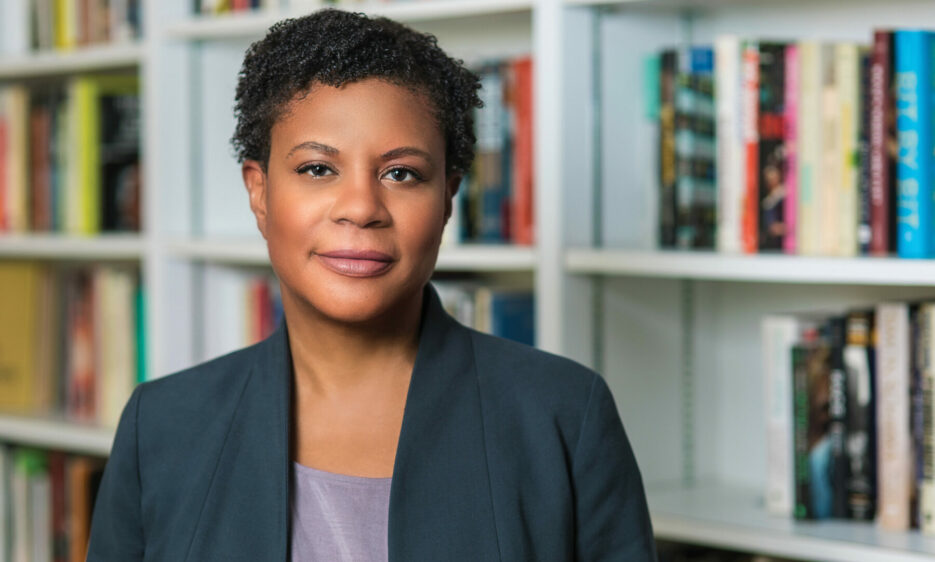
A New Social Compact for Science and Technology Policy
Making federal science and technology policy fair and equitable for all
Since it was established by Congress in 1976, the importance of the White House Office of Science and Technology Policy has only grown. Alondra Nelson, the first deputy director for science and society at OSTP, attributes the office’s increasing prominence in federal policymaking to the fact that “science and technology now sit in the center of every policy and social issue.” Read her recent conversation with Issues editor William Kearney.